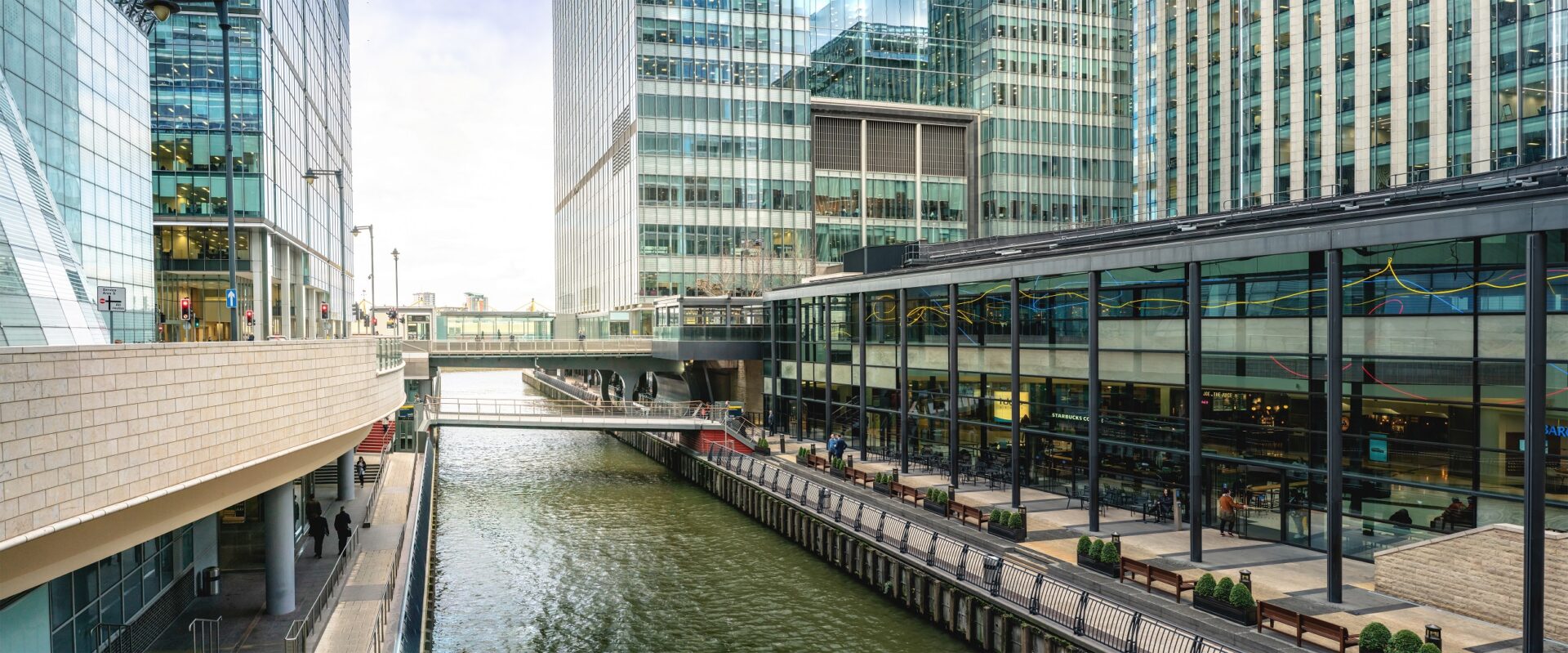
Commercial rent arrears – Do I have to pay rent if I closed during the pandemic?

Alex Walmsley, solicitor in our commercial property litigation team, takes a fresh look at the issue of commercial rent arrears caused by the coronavirus pandemic following a recent Court of Appeal judgment.
Last week, the Court of Appeal handed down judgment in the joint appeals for Trocadero (2015) LLP v Picturehouse Cinemas Ltd and others and Bank of New York Mellon (International) Ltd v Cine-UK Ltd.
The outcome is important news for tenants who seek to rely on the pandemic to not pay rent arrears, and landlords who wish to pursue them.
While the start of the pandemic seems like an era ago, many will still recall the UK Government suddenly announcing the closure of all non-essential retail, leisure, and hospitality venues in March 2020. Eventually, the Coronavirus Act 2020 was enacted.
Two years later, with much of the restrictions lifted, the mandatory arbitration scheme under the Commercial Rent (Coronavirus Act) 2022 was introduced (“the Scheme”). Landlords and Tenants can make a referral to one of the panel arbitrators within six months of the Act coming into force. Full details of the arbitration scheme for commercial rent arrears caused by the pandemic can be found here in our original post.
Until the Scheme was introduced, whilst legislation altered many things in relation to landlord and tenant relationships, tenants were still under an obligation to pay rents under leases. Before the Scheme, landlords and tenants reached their own commercial agreements, but where those agreements were not possible, landlords proceeded to issue debt claims and many obtained summary judgment. Tenants have sought to defend such claims, raising innovative defences.
With the deadline for the Scheme is fast approaching, and with no indication that there will be any extension, the Court of Appeal has handed down judgment in two appeals which have determined the question of whether the tenant can use the pandemic as a defence to a landlord pursuing rent arrears. The simple answer is no, discussed further below.
What happened in the recent Court of Appeal cases?
Both cases centered around arguments by the tenants that the government legislation during the Covid-19 pandemic, which forced premises including cinemas to close, rendered those premises ‘unusable’ and so the tenants were not liable to pay the rent during the lockdown periods. The landlords subsequently issued debt claims for the arrears of rent and service charges. The tenants’ arguments included:
- The lease had been frustrated by the legal requirement to close;
- The closure meant that the lease failed to give the tenants anything all. Rent was not payable because the basis for the lease had failed;
- It was an implied term of the lease that rent was not payable when the premises had to be closed;
- Where the tenants paid or contributed to the insurance premiums paid by the landlord and the landlord’s insurance policy gave cover against loss of rent for insured risks including Covid or closure because of the pandemic, the landlord should look to its insurers for the rent, not the tenants.
The courts in summary found that both tenants had no real prospect of successfully defending the claims against them and granted summary judgment to the landlords. The tenants sought permission to appeal and the Court of Appeal heard both cases together and in a ruling last week dismissed both appeals.
What has been decided?
In summary:
- The pandemic closure might frustrate a lease if the lease would otherwise end whilst the premises remained closed because of the pandemic. Where a lease has term after re-opening, the lease is not frustrated;
- A well drafted lease will contain a contractual regime for the allocation of risk. The failure of basis argument would undermine that argument and therefore contradict the terms of the lease in a way there would be no legal basis for;
- Terms cannot be implied into a lease if that term is inconsistent with the express terms of the leases;
- Most commercial landlords would have obtained loss of rent resulting from physical damage to the property. However, the landlord would have been insuring against a financial loss to its business, not the tenant’s business. The rent suspension provision in the insurance clause in a lease therefore unlikely to help the tenant. In most cases, the denial of access without any physical damage is not an event that would trigger rent suspension.
What does this mean for commercial tenants and landlords?
It appears that all possible arguments that tenants with Covid-specific commercial rent arrears could rely on have been dismissed in the two appeals. If you are a tenant who has not reached an agreement with your landlord, you should urgently consider your options under the Scheme. Notice of any intention to arbitration should be given at the latest, by 23 August 2022.
After the Scheme expires, these appeals are welcome news to landlords who were left with few meaningful routes to rent arrears recovery during the pandemic. Tenants are now at risk of summary judgment against them, or even forfeiture.
